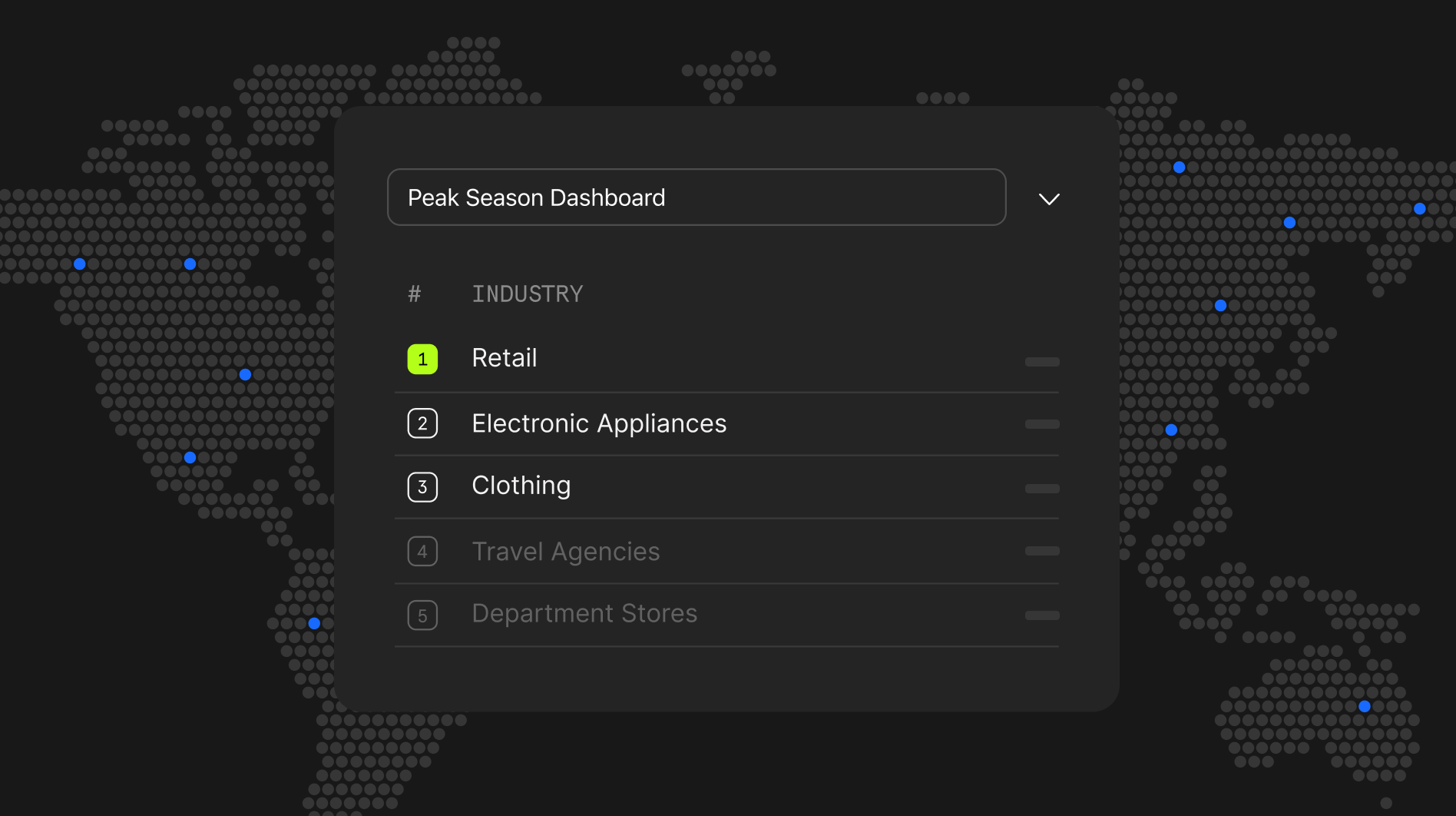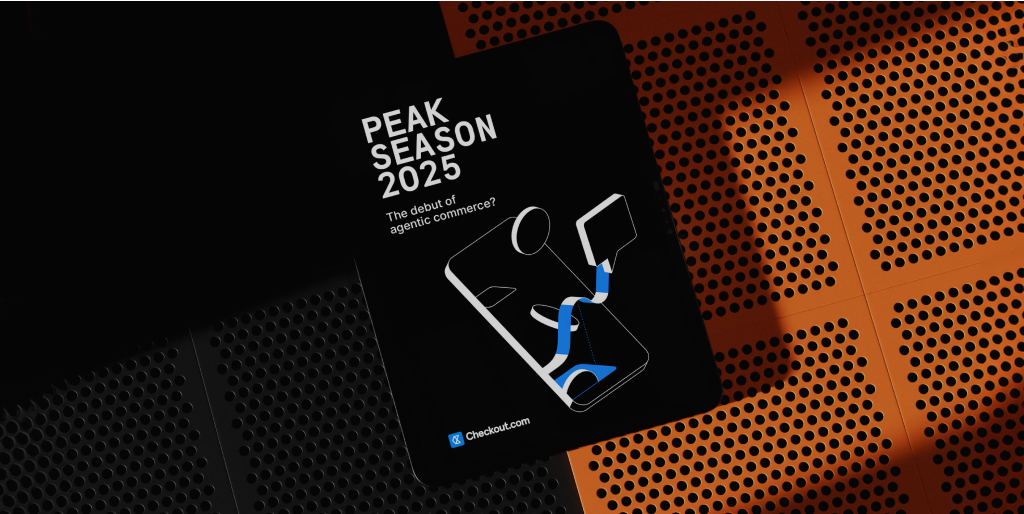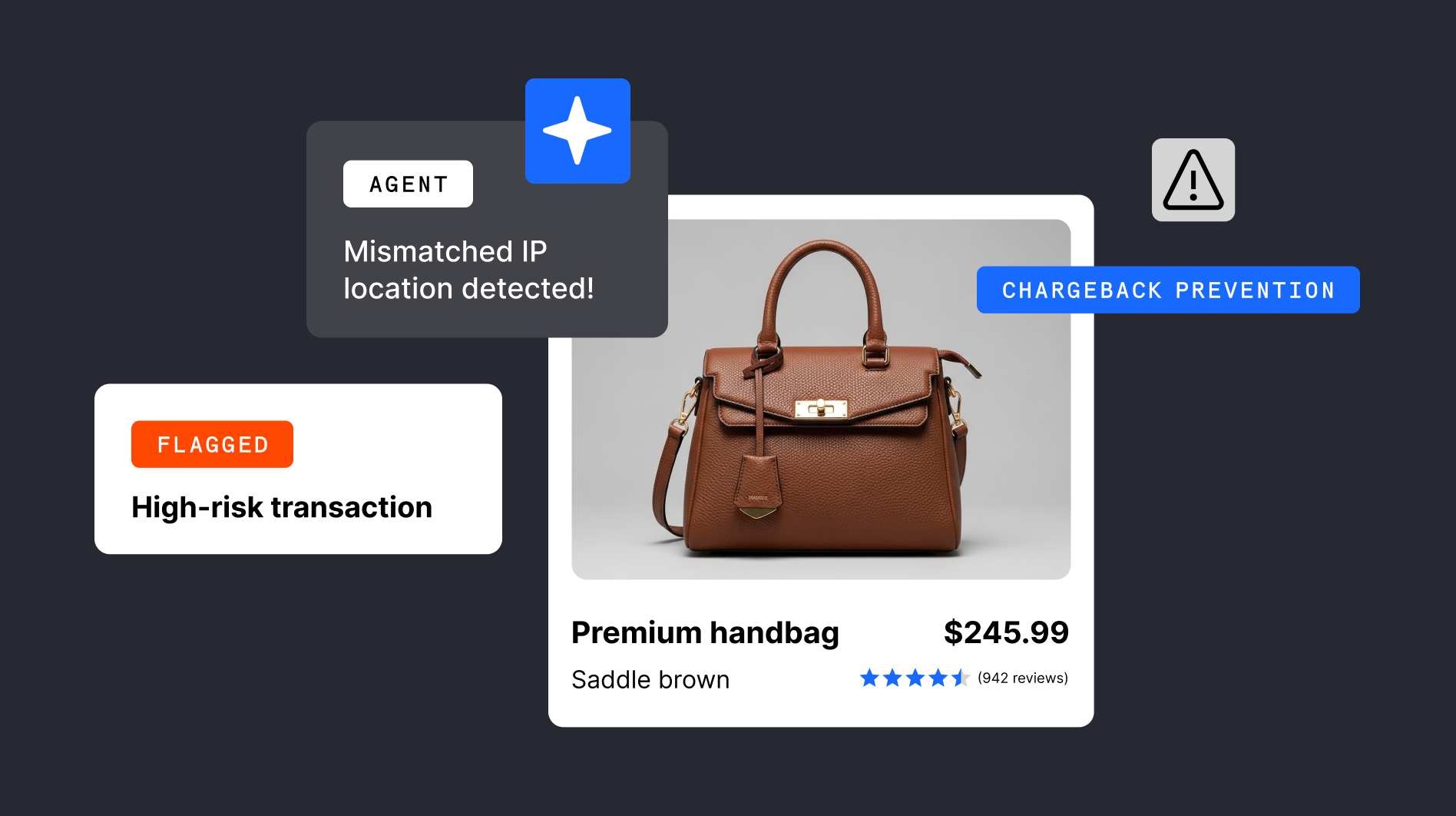The clean, sleek experience of visiting any website in the Expedia Group portfolio belies the intricate engineering going on under the hood. A key part of that is its payments operation. Every one of its 112 million unique monthly visits is designed to end in a payment—be it for a flight, hotel, car rental or concert ticket. And one of the people behind all this is Logan Vander Linden, the company’s Senior Director of Consumer Payments. Last year, his team was responsible for collecting almost $12 billion in revenue across the group’s sites.
That ‘team’ is in fact ‘teams’; a division of specialisms that shows how seriously Expedia Group takes payments, and why it’s become so successful at it. Logan reels off the small empire he oversees: a team for strategic partnerships; one for payment operations; another focused on product innovation; a fourth to measure the impact of those on KPIs; a team looking after the infrastructure that its shared payment platform is built on; and finally, a relatively new ‘payments as a service’ division that is selling all of this to other businesses.
.jpeg)
The noble pursuit
Logan describes it as “exponential complexity.” But that complexity is also a competitive advantage of the business, he explains. “Where we’ve been successful is in really understanding the way that all of these different levers impact one another…and always grounding ourselves in the impact that anything we do has on the traveler.”
He is purposeful in the choice of the word ‘traveler’ rather than ‘customer’ saying, “When you travel, you become a more enriched human being; more informed and connected. Enabling that is a noble pursuit. Likewise, if you mess up the experience for people, that can make them not want to travel. So getting payments right is a real responsibility…it’s about much more than profitability and economics.”
He speaks from experience. “I've been to a lot of places on this planet. The world has so much to offer, though nothing beats being off grid in Hawaii.”
He points to loyalty incentives as an example of what can go wrong without a traveler-first mindset. “That thing that happens where you stay at a hotel that's on the wrong side of town from where your meeting is because you're trying to get your loyalty points; or you fly out of an airport that isn’t the most convenient for you…that’s the sort of thing that makes travel a less delightful experience than it should be.”
But Logan’s world is not one of dreamy platitudes and abstract goals. He has a laser focus on the realities of serving travelers better. His colleagues are currently developing a single loyalty currency that can be used across all Expedia Group’s sites.
He calls this approach ‘problem ownership.’ “Too often companies try to fix things at a functional level. But no single payment problem is ever going to be encapsulated within the payment function. You're going to need treasury, customer service, legal compliance…all these different people that you have to align with to reach a successful outcome. How that exchange of information happens is crucial.”
Connecting dots, plugging into networks
His job is to conduct that orchestra. “I rely on really smart, dedicated colleagues to go deep into their subject matter expertise and really flesh out the details of what they want to do. My job is to then connect the dots; to say how that product performance issue relates to those systems operations within the parameters of these commercial terms, for example.”
It’s an orchestra that never stops playing. “Payments are like the waves on an ocean,” says Logan. “As soon as you think you've got the cadence of change down, something super chaotic is going to happen.” Helping him to ride these waves are external partners. “We couldn’t do what we do by ourselves. No matter how smart you are, how plugged into the industry you are, you'll never be able to keep up without networks of others.” Logan says it’s just as important to focus on the partners you don’t have, as those you do. “We stay close to the innovation that's happening outside our immediate network. That’s the way to stay ahead of the curve.”
So crucial is this to Logan’s mission that he created new Partner Manager roles. “You can’t leave this to product teams; they’re too focused on their own development timelines. You need people who can really pay attention to what startups are doing, and then link that back into the product strategy and roadmap.”
He thinks that digital identity will be the next big thing he’ll be tuning into. “A lot of the work that we do is around securing payments. There's so much operational pain that goes into that, which could potentially be fixed by superior digital identity solutions than are available today. It isn’t specifically a payments innovation, so we need to insert ourselves into the conversation to make sure it becomes one.”
Always learning and leveling up
Like many executives we profile in the ‘My Path In Payments’ series, Logan’s story does not begin with dreams of making it big in payments. Without a proper plan on graduating university, and with stints in tax accounting and insurance sales failing to spark his ambitions, he took a six-month admin job at Digital River, the ecommerce services provider. One of his duties was to transcribe meeting notes, with those meetings increasingly focusing on commercial opportunities of payments provision. On each transcription, he’d make a note of anything he didn’t understand, and then hunt down someone who would have the answer. Six months of questioning and cajoling later, Digital River realized it had a payments expert in the making on its hands. He was offered a full-time role in the account management team, with Airbnb and Expedia as clients, both of whom he went on to work for directly.
His move to the merchant side was a “leveling up exercise,” he says. “I had to start seeing the total connective tissue; the way that the accounting teams have to reconcile transactions, or how the customer service teams have to deal with chasing down refunds. You have to go deep into every area to really understand the end-to-end journey.”
Curiosity above all else
That experience informs a key mantra of his management. “I’m never going to tell anyone to stay in their lanes. Even though we’re at a big company, we’re working on such cutting-edge projects that we need that startup mentality of going where we can find knowledge and add value.”
It should be no surprise then to learn that curiosity is the number one trait that Logan looks for when hiring. “Nobody knows everything—especially in payments. It’s just too big and fast. So to be successful, you have to be somebody who's gonna hunt for the answer and anticipate the unknowns. That requires a high degree of emotional intelligence…to understand that we're all flawed, we can all get things wrong, and that's OK. But imperfection is a hard thing for a lot of people to accept.”
He says his best times as a manager are when someone tells him he’s wrong. “I love that so much…when I stand up and say something with tons of conviction and charisma, only to be told that I’m not right. It shows that I’ve not only got the right people around me but that I’ve also got the environment where they feel in control of their own narrative; that they’re their own entity, not just an extension of me.”
In this, there are parallels with the traveling experience he is committed to providing; that when you have great people by your side who you trust, every journey becomes easier and more enjoyable.
.jpeg)



.jpg)









.png)


